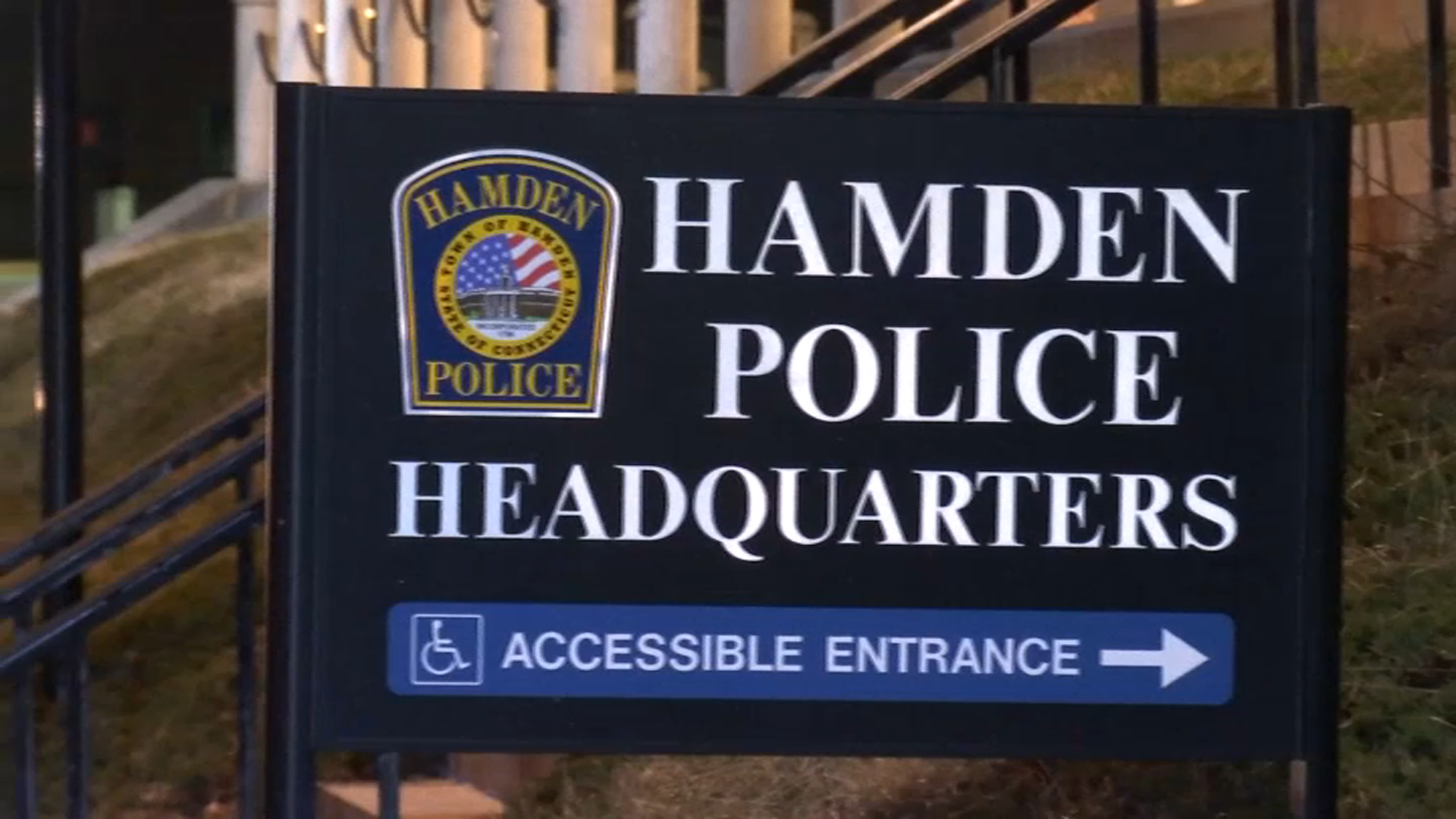Lawmakers in both the state House and the Senate have voted to repeal the state's death penalty and the next step is for the legislation to go to Gov. Dannel Malloy, who said he will sign it.
The state House of Representatives voted, 86-62, late Wednesday night to repeal the death penalty.
Wednesday's discussion continued into the evening. House Republicans, the minority party in the chamber, focused heavily on how the bill is supposed to affect only future crimes and not the 11 men currently on death row, including the two men recently sentenced to death for killing a mother and two daughters in a gruesome home invasion in Cheshire.
Joshua Komisarjevsky and Steven Hayes have been sentenced in the last two years to death row for killing Jennifer Hawke-Petit and her daughters, Hayley and Michaela.
Dr. William Petit, the only survivor of the home invasion, has opposed repealing the death penalty.
"We believe in the death penalty because we believe it is really the only true, just punishment for certain heinous and depraved murders," Petit said last week, before the Senate voted. "One thing you never hear the abolitionists talk about is the victims, almost never. The forgotten people. The people who died and can't be here to speak for themselves."
The state Senate passed the measure last week.
“I want to be careful in the tone of my remarks, out of respect for the gravity of the issue at hand and out of respect for people on both sides of the issue. When I sign this bill, Connecticut will join 16 other states and almost every other industrialized nation in moving toward what I believe is better public policy," Malloy said in a statement. “For decades, we have not had a workable death penalty. Only one person’s been executed in Connecticut in the last 52 years, and he volunteered for it.
While proponents for repeal maintain those currently on death row will still face execution, GOP critics said they question whether that would be constitutional and predict the legislation will be the basis for new appeals.
Local
On Wednesday, people who support abolishing the death penalty gathered at the State Capitol.
In 2005, the Connecticut Innocence Project began reviewing cases using new DNA technology and those investigations have led to some high-profile exonerations.
Miguel Roman was serving a 60-year-sentence for the death of his girlfriend until the Innocence Project played a role in exonerating him. Pedro Miranda is now serving a life sentence for that murder.
In 2009, Kenneth Ireland was freed after 20 years in jail for a murder and rape he did not commit.
The people who spoke on Wednesday included some who have been wrongly convicted, family members of murder victims, civil rights leaders and lawmakers.
Dawn Mancarella of Milford, whose mother Joyce Masury was murdered in 1996, urged the House to follow the Senate's lead. She said not all family members of murder victims believe the death penalty brings closure or justice.
Under the proposed legislation, convicted killers would receive life in prison without the possibility of parole instead of the death penalty.
“Going forward, we will have a system that allows us to put these people away for life, in living conditions none of us would want to experience. Let’s throw away the key and have them spend the rest of their natural lives in jail,” Malloy said.



